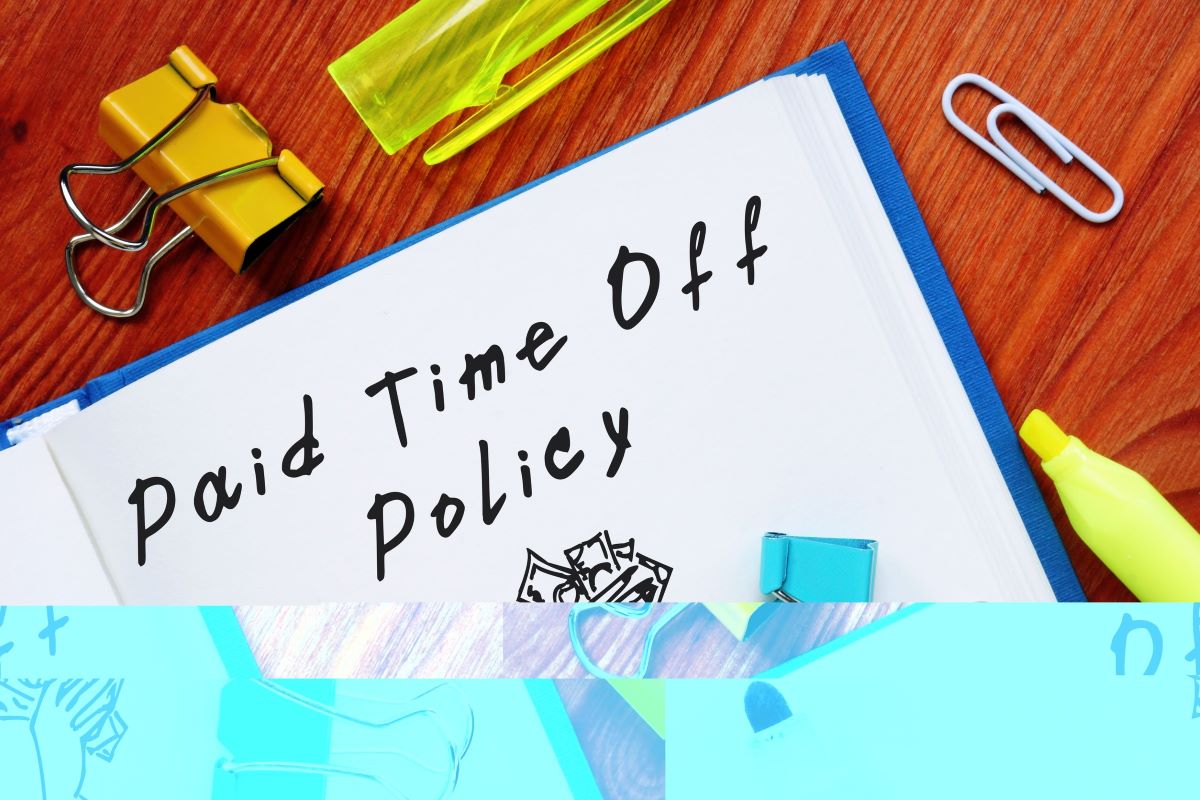Report: Many workers are more hesitant to request PTO during pandemic, just when they need it most
Your workforce is neglecting important time off, leading to mental health problems and employee burnout. Here’s why.

New data suggests that workers might be neglecting crucial down time in the middle of the ongoing COVID-19 crisis.
According to a report commissioned by the Milwaukee-based Potawatomi Hotel & Casino, 38% of workers have become more hesitant to request personal time off during the pandemic, even though 40% acknowledge that employers have added more PTO days since the crisis began. Almost half (47%) of respondents said they have gone a full calendar year without taking any PTO.

Encouraging employees to take PTO is a core part of fighting employee burnout, a problem that more and more organizations face as the pandemic threatens to extend far into the new year with elevated threat levels. Employees not taking their PTO has been a problem since at least March of last year. Business Insider profiled a New York City-based IT firm that saw employees neglecting their PTO as a warning sign in August of 2020. It wrote:
“Jamie Coakley, vice president of people at the IT support firm Electric, noticed a trend since the start of social distancing. Employees at the company were clocking more hours, canceling their paid time off requests, and not submitting new ones. They were also sending more internal messages and onboarding more clients.”
In other words, they were working harder and taking less paid time off. She, as well as the company’s CEO Ryan Denehy, saw this as a warning sign.
The numbers suggest leaders should expect a PTO problem within their organizations, too.
Why workers don’t take PTO
There are a variety of barriers to taking PTO. Most respondents cite their workload being too heavy (41%), and others mention not having a back-up (38%). In addition, employees worry that they won’t look committed to the job (28%), and they don’t want to take vacation travel during COVID-19 anyway (28%).

Employees can also feel guilty for taking PTO. Women are more likely to feel guilty about taking PTO than men and baby boomers are the most likely generation to feel guilt over taking time off. Top reasons for guilt about taking PTO include falling behind on work (43%), showing a poor work ethic (40%), and being judged by the boss (34%).

For workers who do take their PTO, 42% feel that they can’t unplug from work while on vacation and more than half say they are fearful of falling behind on their work while taking time off.
Action steps
So, what can you do to encourage employees to take time off and actually unplug while on vacation? Here are some tips from the experts:
- Encourage employees to take a “staycation.” Travel isn’t easy during the ongoing COVID-19 crisis, but employees should still be pushed to carve out time for themselves. However, SHRM warns that forced staycations that turn out to still be work will have the opposite effect on employee morale.
- Educate employees about the best time to take vacation. This kind of outreach has proven to be help employees use their PTO, as explained in this American Express blog.
- Model behaviors. If managers and leaders aren’t taking time away from their desks, their teams won’t feel empowered to do so, either. “You will need to demonstrate through your own actions that you’re serious about time off,” writes Sabina Nawaz in the Harvard Business Review. “All of my survey participants said it was important to take time off, but many were personally reluctant to unplug. What you say is less important than what you do.”
- Let employees carry over unused PTO. Vacation days are one of the “most emotional” and highly valued benefits employees have, argues Jackie Reinberg with the risk management and insurance brokerage Willis Towers Watson. If your workforce is having to put in extra hours to keep the lights on, think about how you can help them avoid losing days due to a policy that doesn’t fit the moment.
- Enable workers to take their PTO. Open communication is good, and encouraging a culture of taking time off is even better. However, your workflows must offer employees the ability to use their time off, otherwise that “unlimited PTO policy” will feel like a bait-and-switch.
“Taking time off is influenced by the company’s culture and its formal and informal communications—what the company says versus what people actually do. You may say you care about employees, and that rest and enjoying time off are critical components of health and productivity. But if an employee experiences continued demands while taking time off, the communication becomes empty words that undermine HR’s credibility.”
How are you encouraging employees to take time off and unplug? Please share your strategies in the comments.


